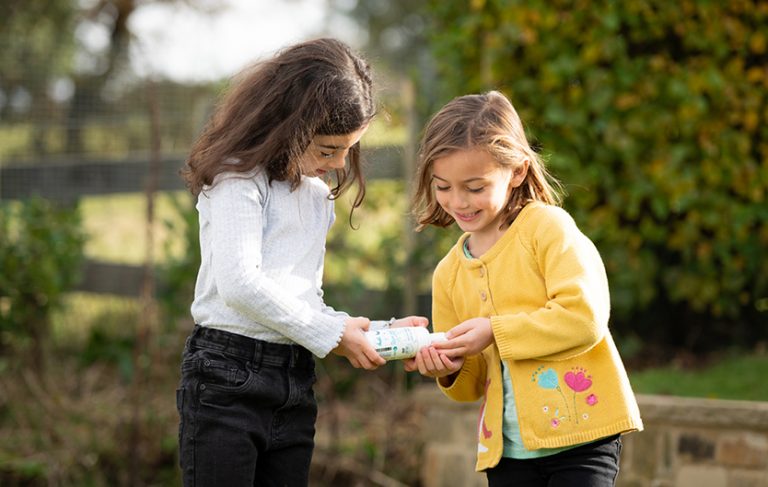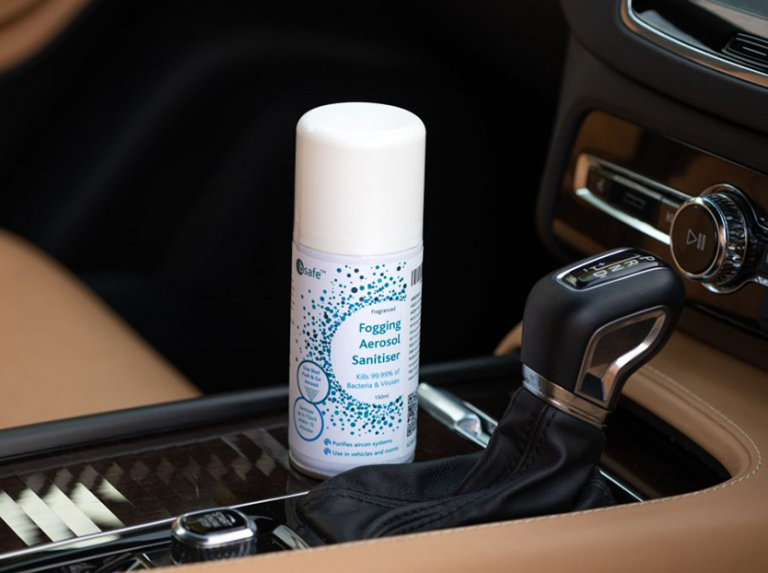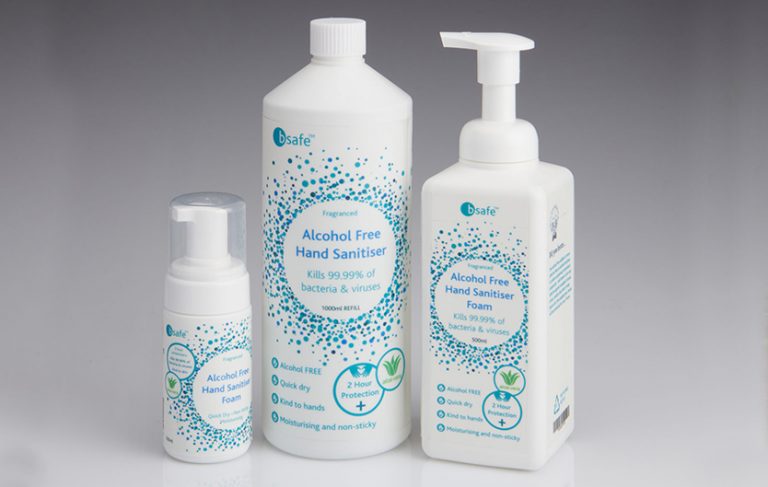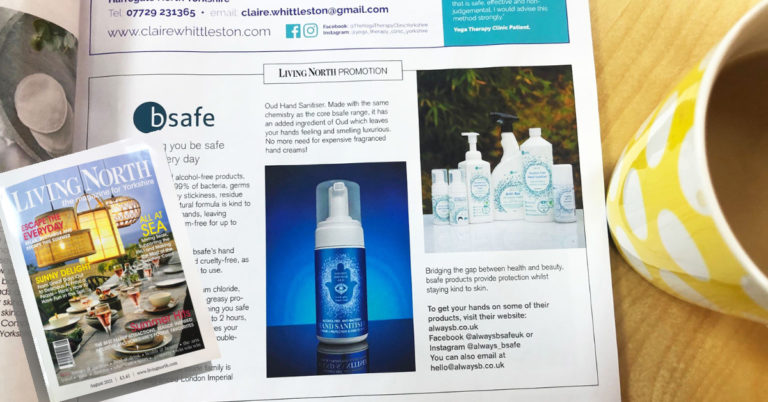A new normal on the horizon
After almost a year of living with Covid-19 in the UK – stuck at home again in Lockdown 3.0 – new variants springing up – and the incredible strain on our NHS, it sometimes feels like we are never going to be able to return to the life we once all led.
But it’s not all doom and gloom. There is finally some good news on the horizon. At the time of posting, over 6,800,000 people in the UK have received their first dose of the Covid-19 vaccine, which shuffles us all one step closer to returning to normal.
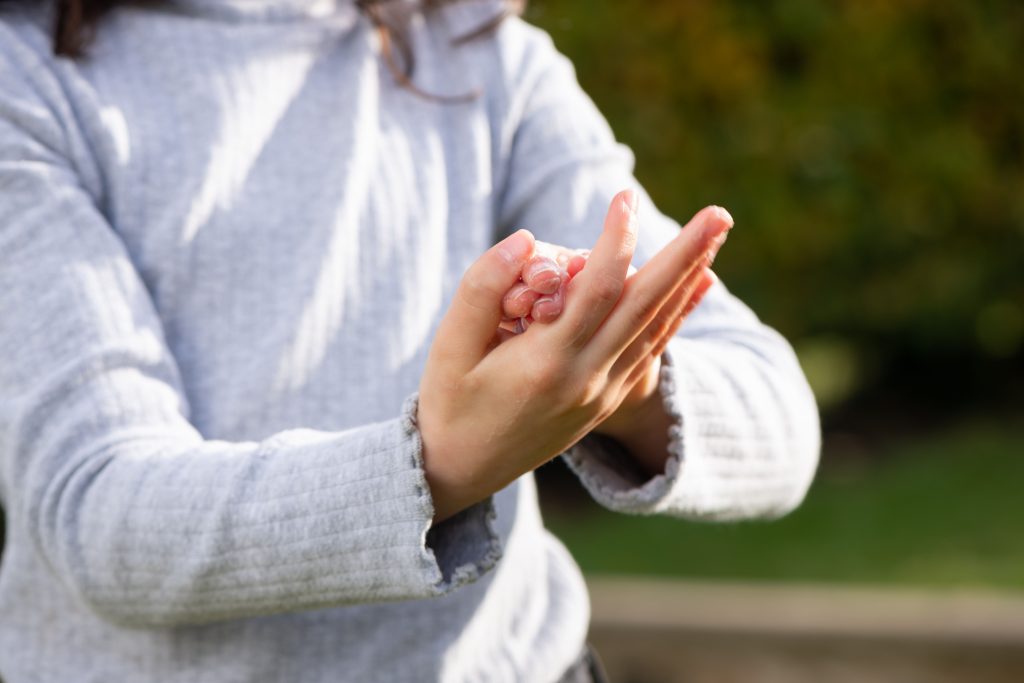
Will things ever really be the same again?
Many people think we will follow our Asian counterparts with regular mask wearing, continued social distancing in shops, and even more clicking and collecting. So, will our social interactions forever be just a little bit more stand-off-ish? – We certainly hope not!
You’ll probably have heard that “It takes 3 weeks to form a habit” – that’s straight from a 1960s self-help book – but the science checks out. The majority of us now wear a mask, keep our distance and wash our hands without even thinking about it. We’ve all increased our use of hand sanitiser – because we’re told it’s the best way to keep the germs at bay. But with so many different hand sanitisers on the market and so many different types – how do you know your little bottle is keeping you safe?
Why do sanitisers need alcohol? Answer? They don’t!
The ‘WHO’ tell us that hand sanitisers must contain alcohol in order to kill the germs and bacteria – but this is not the case. Meet benzalkonium chloride! – the wonder ingredient that breaks down the outer surface of the bacteria in exactly the same way as isopropanol and ethanol do, but it is a LOT gentler on the skin, safer for children and kinder to the environment.
What’s more, hand sanitisers using benzalkonium chloride protect you for longer, leaving a residual film on your hands, offering protection against germs and viruses for up to 2 hours, compared to alcohol hand sanitisers which only protect for a couple of minutes. This means you can be confident you are safe as you touch surface-to-surface and as you don’t need to apply it as often, you don’t need to buy it as often either – definitely a win!
These claims have recently been backed up by a study carried out by the Brigham Young University in America and has been published in the Journal of Hospital Infection. The study finds that alcohol-free hand sanitiser is just as effective at disinfecting surfaces from the Covid-19 virus as alcohol-based products. “Our results indicate that alcohol-free hand sanitizer works just as well, so we could, maybe even should, be using it to control Covid,” said lead study author Benjamin Ogilvie.
Lucy McGill, Founder of bsafe, says “This is great news for alcohol-free hand sanitisers, we hope more people will make the switch to alcohol-free for the long-term and reap the benefits whilst saying safe and healthy.”
So, as we all follow the rules and continue to stay at home, we hope that we can soon emerge into a new normal… but in the meantime, every day it’s staying a little lighter for a bit longer and that light at the end of the tunnel that Boris has been telling us about is getting a little bit closer every day.

